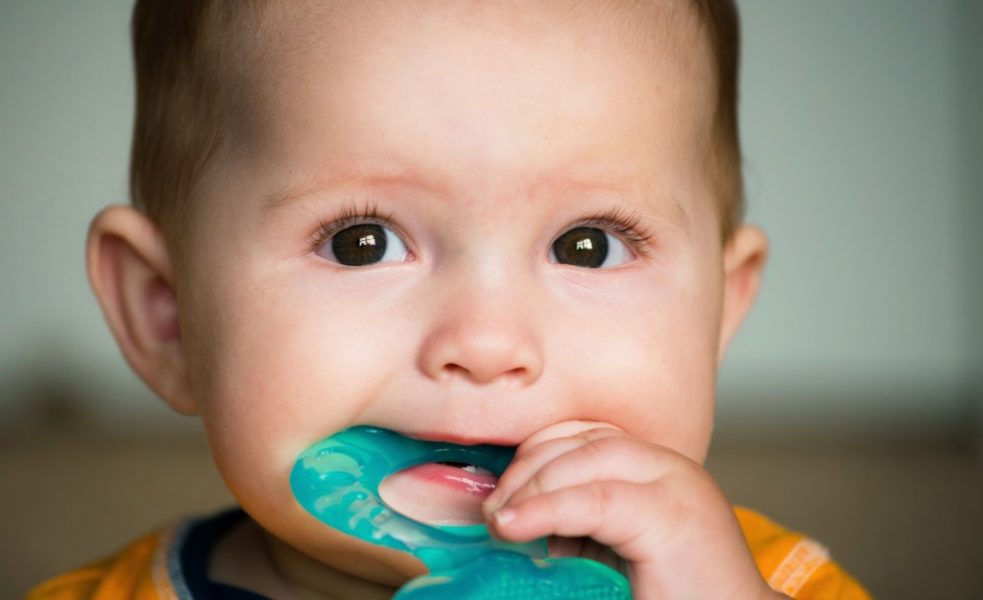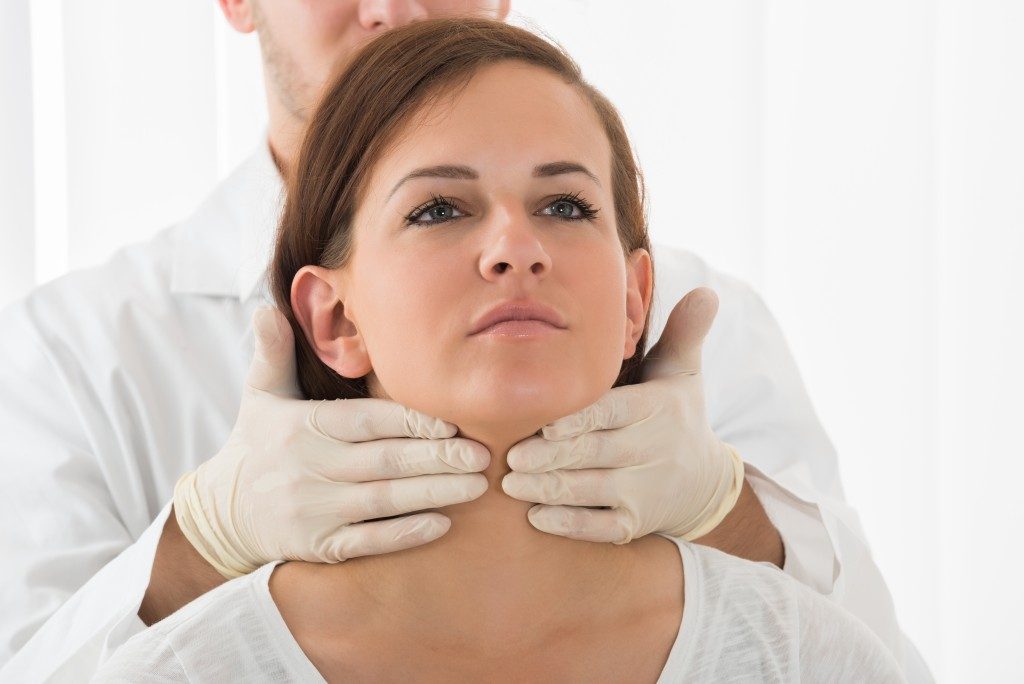Biologically, our body goes through different changes when we’re about to give birth. One of the most significant changes that our body makes is that it will start producing breast milk for babies so that we can effectively give them the vitamins and nutrients that they need.
However, this isn’t necessarily true for almost all mothers, as most will have to rely on milk formulas through baby bottles. Most of the time, this will usually stem from the following reasons:
- Breastfeeding might be painful for the side of the mother.
- The mother’s mammary glands are not able to produce milk.
- The milk’s consistency does not have the right nutrients.
But other than these physiological factors, some mothers are too busy with work and do not necessarily have the time to breastfeed their child. As such, they might need to use formulas as an alternative.
However, extensive use of baby bottles can often lead to baby bottle tooth decay and sometimes cause early misalignment of teeth.
Is feeding your baby through a bottle beneficial for the baby? Is breastfeeding a better choice? We’ll be answering any uncertainties and misconceptions regarding feeding your baby through a milk bottle.
What Is Baby Bottle Tooth Decay?
Decay in the teeth is quite common among infants and young children since most of their teeth don’t have the same amount of “structural” integrity that’s present in adults. Baby bottle tooth decay doesn’t necessarily happen because of baby bottles, as what most people tend to believe. In reality, this condition tends to happen when sweet liquids, which are standard milk formulas and juice, will start clinging towards the infant’s teeth. That can usually cause most microbes and bacteria to thrive off of these sugar deposits and cause a more acidic reaction to the teeth.
Most who are at risk of this is children who have pacifiers that are often glazed with syrup or something sweet. That is particularly harmful towards children since they tend to take a nap when this happens, which gives the bacteria in the mouth the much-needed time to increase.
Usually, this will happen in the upper part of the teeth, but it’s best to consider that almost any part of your teeth structure can be affected.
How Does It Affect Your Child’s Teeth?

Although children are still in the process of developing a full set of teeth, it’s important to note that drinking from a baby bottle can misalign incoming and developing teeth. Misaligned teeth, if not appropriately addressed, would lead to more “permanent” misalignment as the child grows older.
Most people might think that baby teeth are temporary, but this can often lead to more complications when children grow older since this will serve as a placeholder for adult teeth.
If you are having some issues with misalignment, you might want to visit an experienced periodontist on the matter. There are some clinics that future high-quality and state-of-the-art equipment that can easily map out any known dental problems, such as the digital dental lab, which can give an in-depth look at your teeth’s structure.
In summary, milk bottles and pacifiers can increase the chances of getting tooth decay among children, especially when used together with sweetened formulas. If you’re planning on buying a milk bottle or a pacifier for your child, it’s essential not to use overly sweet formulas or dipping your pacifier in sweet liquids. Breastfeeding is known as one of the best ways of nurturing your child while mitigating dental problems.



